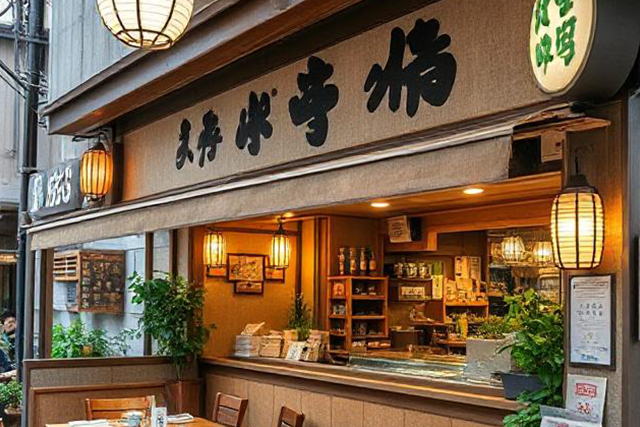🗾 Introduction: Why Learn Restaurant Japanese?
Dining out in Japan is a delightful experience—but it can be intimidating if you don’t speak the language. Whether you’re eating sushi at a local izakaya or grabbing ramen in a busy Tokyo station, knowing a few Japanese phrases to use in a restaurant will help you navigate menus, order confidently, and show respect for the culture.
This guide will walk you through the most common phrases used in restaurants, with practical examples and pronunciation tips.
🧑🍳 1. Entering the Restaurant
- いらっしゃいませ! (Irasshaimase!) – Welcome! (You don’t need to respond—just smile and nod politely.)
- 何名様ですか? (Nan-mei sama desu ka?) – How many people?
- 二人です (Futari desu) – Two people (Replace with 一人 (hitori) – one person, 三人 (san-nin) – three, etc.)
🪑 2. Asking for a Table or Menu
- メニューをください (Menyuu o kudasai) – Please give me a menu
- 英語のメニューはありますか? (Eigo no menyuu wa arimasu ka?) – Do you have an English menu?
- 席はありますか? (Seki wa arimasu ka?) – Do you have a table available?
🍽️ 3. Ordering Food and Drinks
- 注文をお願いします (Chuumon o onegaishimasu) – I’d like to order
- これをください (Kore o kudasai) – I’ll have this, please (pointing to the menu)
- ~をお願いします (~ o onegaishimasu) – Please give me ~
Example: ラーメンをお願いします – Ramen, please - お水をください (Omizu o kudasai) – Water, please
- ビールを一本ください (Biiru o ippon kudasai) – One bottle of beer, please
🚫 4. Dietary Restrictions or Preferences
- これは何ですか? (Kore wa nan desu ka?) – What is this?
- 肉は入っていますか? (Niku wa haitteimasu ka?) – Does it have meat?
- ベジタリアンです (Bejitarian desu) – I’m a vegetarian
- アレルギーがあります (Arerugii ga arimasu) – I have allergies
- Examples: 卵 (tamago – egg), 小麦 (komugi – wheat), 乳製品 (nyuuseihin – dairy)
😋 5. While Eating
- いただきます (Itadakimasu) – Said before eating to show appreciation
- おいしい! (Oishii!) – Delicious!
- もう一つお願いします (Mou hitotsu onegaishimasu) – One more, please
💰 6. Asking for the Bill
- お会計をお願いします (Okaikei o onegaishimasu) – The bill, please
- 別々にお願いします (Betsu-betsu ni onegaishimasu) – Separate checks, please
- ごちそうさまでした (Gochisousama deshita) – Said after eating to thank the staff/chef for the meal
🎌 Conclusion: Enjoy Dining with Confidence
Learning a few Japanese phrases to use in a restaurant can turn a confusing situation into a smooth, enjoyable experience. It shows respect for the culture and helps you connect with locals, even with just a few words.
So next time you dine in Japan, try out these phrases and enjoy your meal like a local. ごちそうさまでした!

